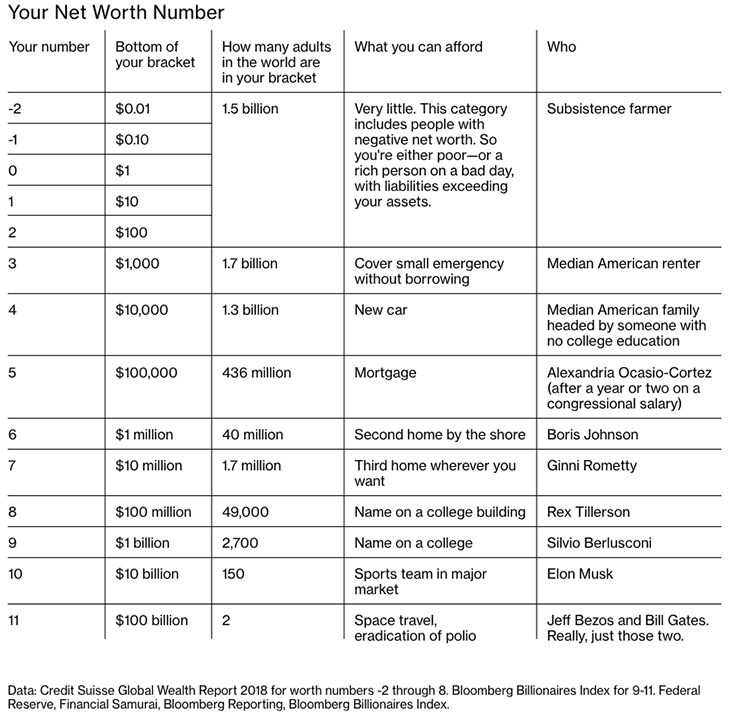 Our year end 2019 Expatriate Tax Planning Letter can be read and downloaded here (pdf file). Read it to learn of tax law changes for 2019 and possible planning steps you can take before year end to save you money.
Our year end 2019 Expatriate Tax Planning Letter can be read and downloaded here (pdf file). Read it to learn of tax law changes for 2019 and possible planning steps you can take before year end to save you money.If you want to get started early on your 2019 expatriate tax return you can download our 2019 Expatriate Tax Questionnaire HERE. (MS word file ) After you fill it out send it to us for a fee quote and fast preparation.
If you have US expatriate, international or US nonresident tax questions email us by clicking HERE
Our firm CPAs and Attorney have combined experience in International Taxation of over 60 years.












